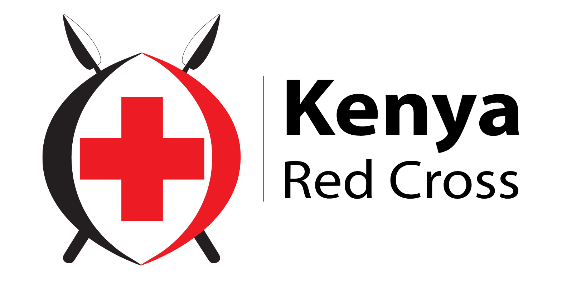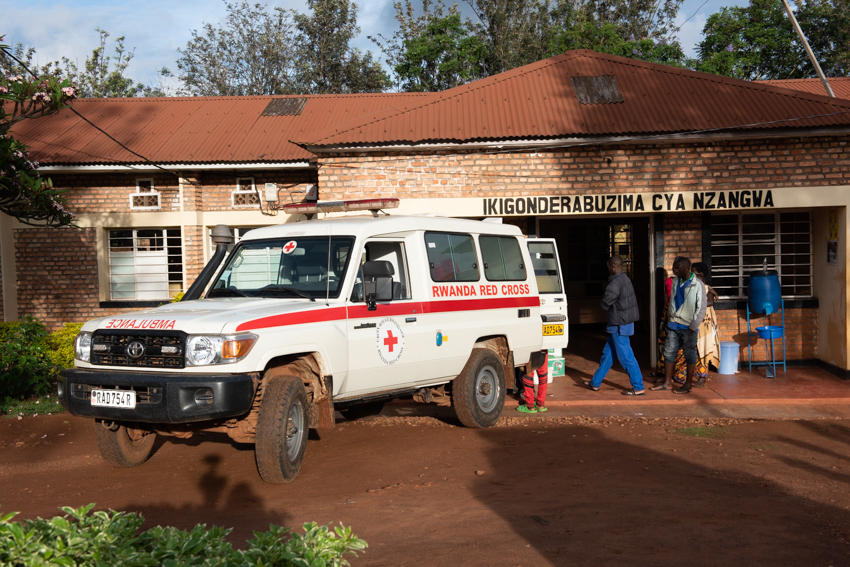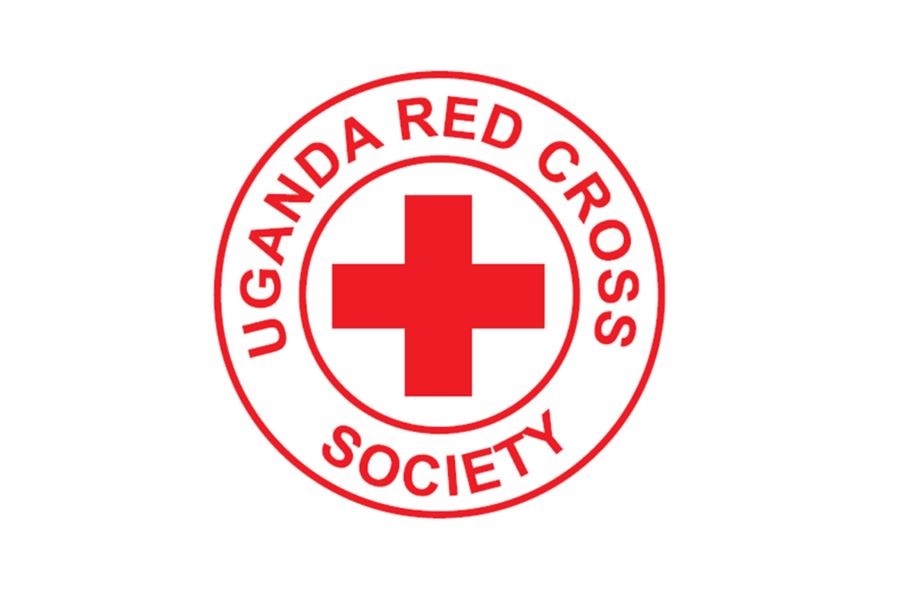As stated in more detail here, all National Societies in East Africa have the opportunity to devlop an idea and submit a proposal for a micro-grant under the Skybird Programme.
In addition to the proposals at Branch level from Ethiopia Red Cross Society and Uganda Red Cross Society, ideas can be developed and submitted at headquarter level by the respective national societies.
The ideas are then evaluated by internal and external experts who rank the proposals according to pre-defined indicators. Through this process, a number of 4 projects has been chosen for implementation in project cycle 1. The chosen micro-projects are presented below:


Ethiopia Red Cross Society:
Addis Ababa: Enhancing Sanitation and Hygiene promotion by empowering women/ ESHPEW
Urban WASH and Gender, Diversity and Inclusion
Within the city of Addis Ababa there is a high population movement of people who live in the city and people from the outskirts who come to the city to look for jobs and a better living environment. Many people move through the city by taking the taxi, bus or train. The crowded terminals often lack proper sanitation facilities and often make those spaces vulnerable for poor hygiene and sanitation practices.
The proposed intervention includes the construction of 24 mobile toilets which are inclusive for people with disabilities and safe to use for women and girls. Additionally, the toilets shall be managed by women or youth groups as a wage gaining activity. Therefore, women and youth without a job will be trained for maintenance of the mobile toilets. Moreover, existing mobile toilets will be assessed and a business plan for their further management of the toilets will be established.
Kenya Red Cross Society:
Baringo County: CTP: WASH Market Assessment and analysis, digitalisation and CEA
CTP and market-based interventions; Digitalisation; CEA
As dry seasons grow longer and droughts become more frequent, there is a significant need to establish functional O&M systems for existing or rehabilitated water supply systems.
AQ-taps machines are simple and intuitive to use, automatic and cloud connected water dispensers powered by solar energy and can be used at any water point. The AQ-tap is connected to a water management solution that keeps track of all water data and credit card or token transactions increasing accountability by the community water committees, this will in turn lead to creation of revenue that can be used to repair any damages on the water system or expand the water system and continue to serve the communities effectively in providing access to clean and safe water in a sustainable manner. The system will be run on a one-app platform that is able to transform cash into credits/token.
This shall help increase accountability as well as revenue and sustainability while acting as a pilot to possibly be rolled out on a larger scale if successful.


Rwanda Red Cross Society:
Kirimbi Sector: Integrated food security and WASH in schools
Food security, nutrition and livelihood; Gender, diversity and inclusion
Since 2016 the Government of Rwanda has launced a school feeding program to eradicate hunger and malnutrition in the form of a daily lunch at school. While the program is largely successful, many schools still rely on external support from the government and other partners which threatens the long-term sustainability of the program.
In line with this school feeding program initiated by the government and the goal to make food readily available at the locations of the schools, this project aims at supporting local vegetable growing cooperatives through the production of fertilizer from ecological sanitation facilities on school grounds. In addition, the communities’ knowledge on nutrition is developed during cooking sessions which include a gamified approach to spread the messages.
Uganda Red Cross Society:
Gulu Municipality: Urban WASH for improved living conditions in Uganda
Urban WASH; Food security, nutrition & livelihood; CEA
In Gulu municipality, Uganda Red Cross Society has established Community Based Disaster Risk Reduction (CBDRR) groups through previous projects in the area. However, there is a dificulty in keeping the groups active after project end. To keep the CBDRR groups engaged and, new activities around solid waste disposal and related economic empowerment are part of this micro-project. In particular, the CBDRR group will take part in sensitizing the community in solid waste management. Further, the CBDRR group will be trained in converting biodegradable waste into manure and briquettes while they will also receive trainings in business management to create income generating activities for long-term sustainability of the group.
The briquettes will act as a cheap and safe energy source for cooking while the readily available manure helps with promoting kitchen gardens among the community. Additionally, improved waste management through the CBDRRR groups has a postive impact on overall public and environmental health.

Stay up to date
on the progress of the micro-projects through our online networking tools